Antonio Pappano: We’re musicians, not social workers
OrchestrasAt yesterday’s LSO season launch, the orchestra’s new music directors made some dissenting observations about the Arts Council’s demands for ‘diversity and social work’ in place of performing excellence.
He is quoted in the Times today as saying: ‘It is not the LSO or Royal Philharmonic or London Philharmonic’s responsibility to educate children. It is the government’s job to start educating children and creating not only talent for the future but also audiences.’
He added: ‘The amount of responsibility given to organisations to correct something that should be done by the government is unfair, frankly.’
That won’t rattle any rafters.

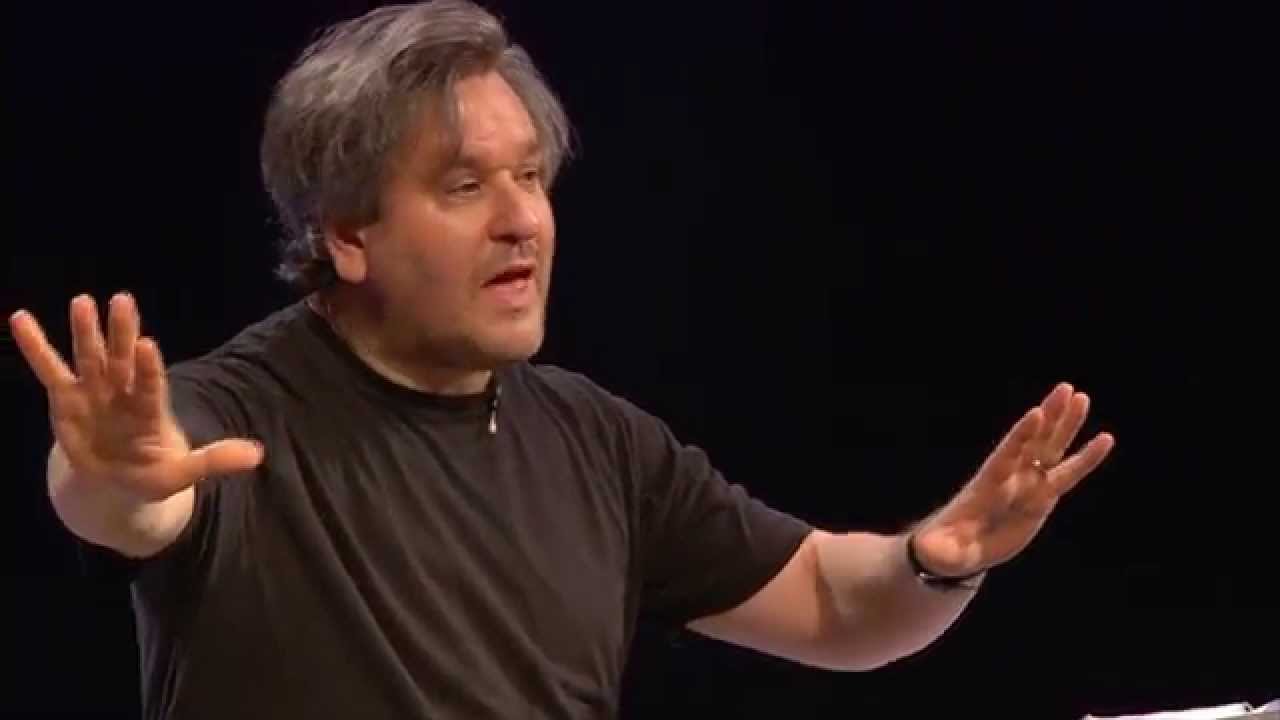
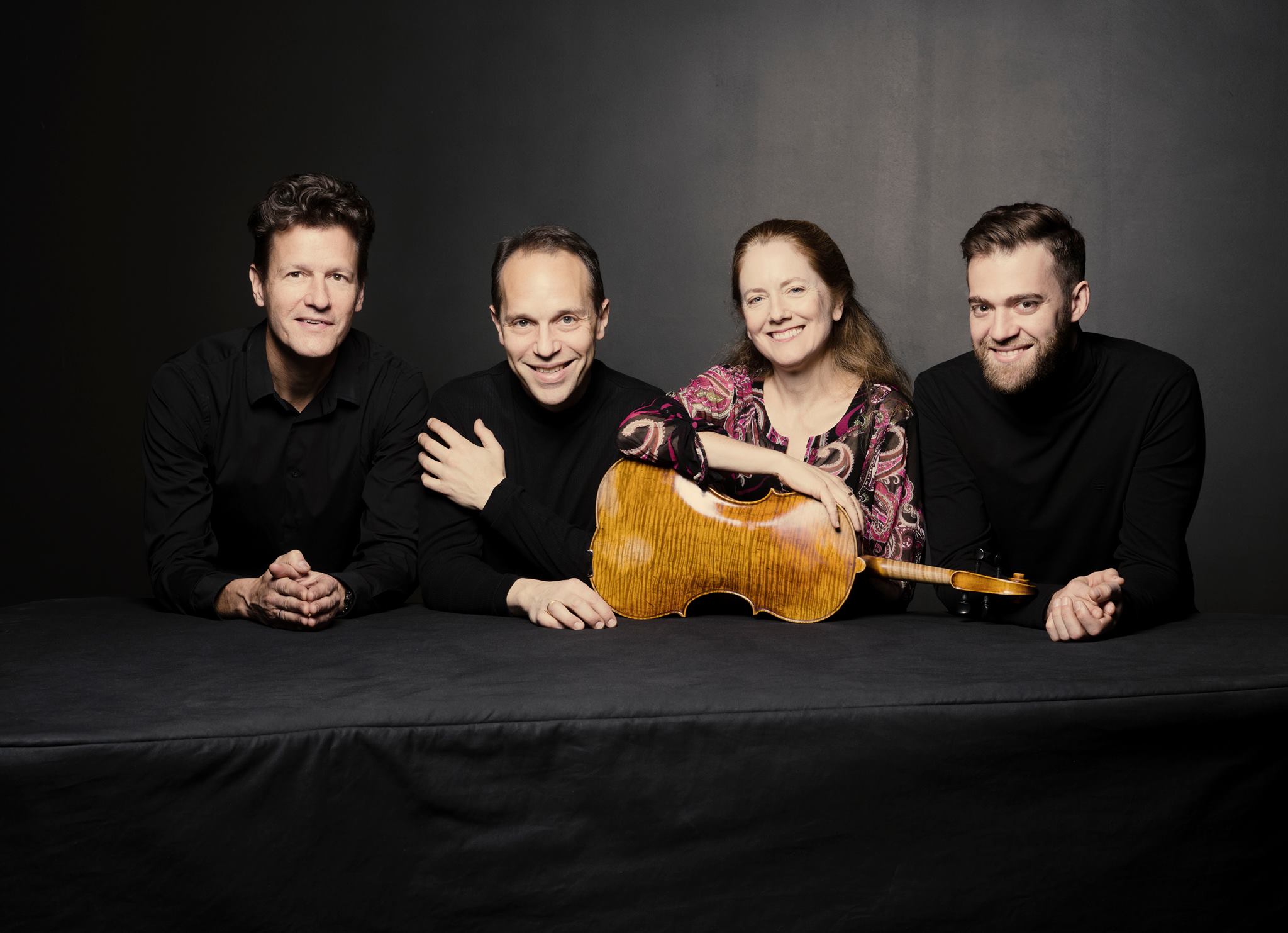
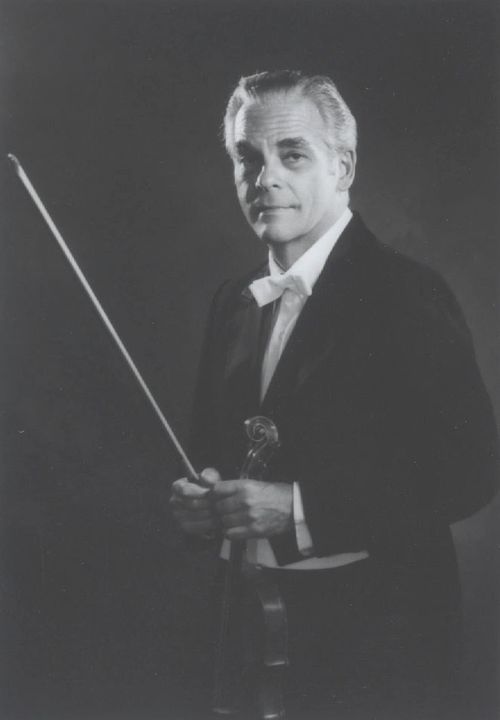
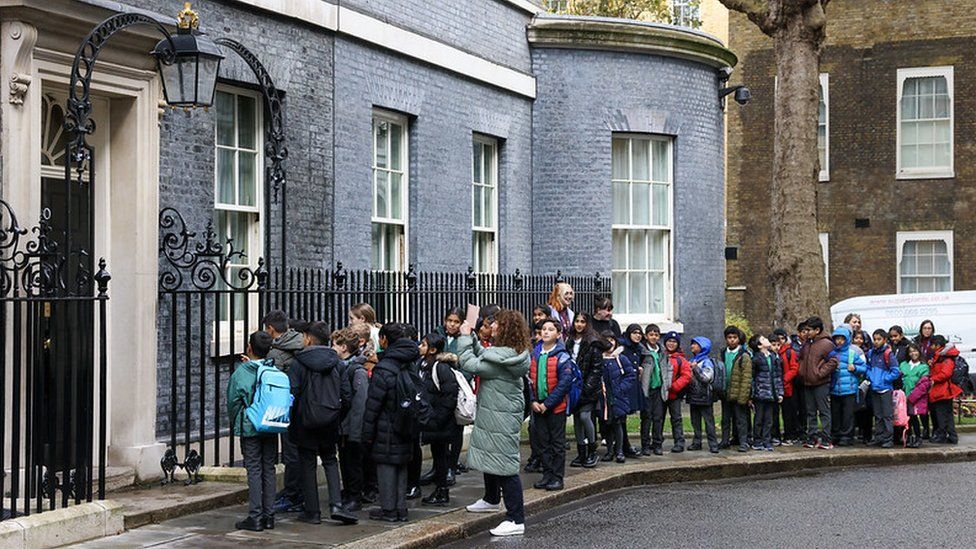
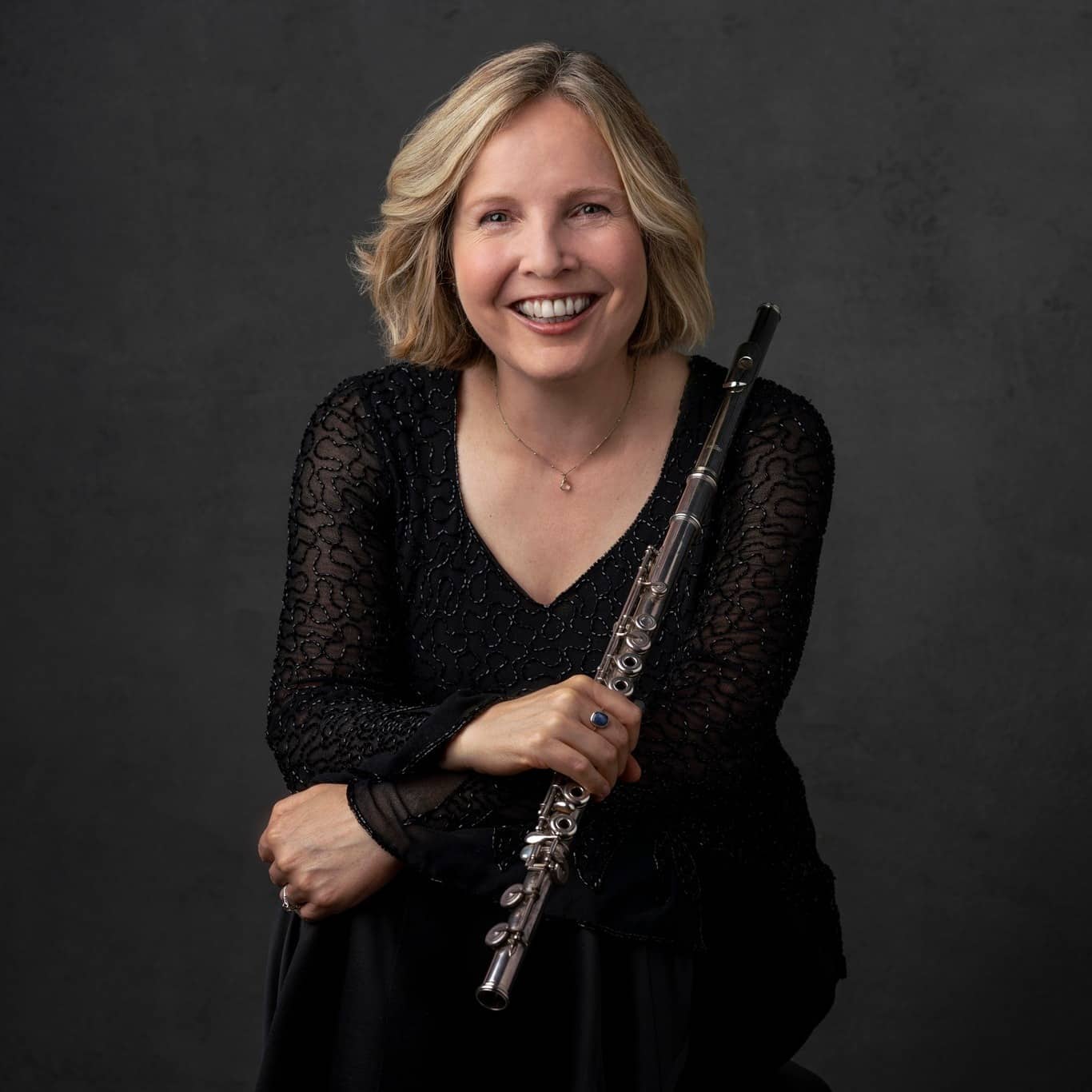
Bravo!
“Diversity” means unsocial work by wokesters.
This seems an odd comment, given what the LSO and presumably other orchestras do to attract young people.
Tony is 58% correct here. It is not the job of the government to educate, they are charged with PROVIDING education.
Unfortunately the UK government is intent on not providing decent education because they constantly squeeze budgets to the point where arts and humanities subjects are let go of. So Pappano is technically correct with the current state of play in the UK.
Thanks for having the guts to say this. This nonsense is just a plaster for the problems brought about by modern economics.
This is leading to stupid programming, idiotic composition commissions and more.
There are people suffering out there and they expect people artists and teachers to sort it out.
Good on him to say what everyone in the Arts in thinking. We are so sick of having to pretend that we know what we are doing trying to rebuild society with all the inclusivity, diversity, outreach etc. We know how to play music to the highest possible standard, that’s it. Other jobs should be done by the relevant professionals. Of course, all this work is done by orchestras to survive in the current climate where just playing music is elitist, and that’s absolutely ridiculous. Britain is destroying its culture.
Yes but his big responsability is to meet some sponsors I suppose considering the way the British orchestras are working.
I heartily agree. Well said, Sir Antonio.
I wonder what would Simon Rattle comment on this subject.
I would rather have my children educated by the LSO than by any governmental system that has failed miserably over the past decades, both nationally and internationally.
Orchestras have had youth programs for several decades. How has it worked out?
It’s produced Mäkelä et al..
Still better than some of the overambitious politicians we’ve seen.
It works very well with YOLA and did beautifully with El Sistema.
I agree about youth orchestras. My question, however, was about the outreach work of traditional orchestras. It all sounds inspiring, but what difference has it really made?
Indeed, they have, but the question is financing them and the Government (the Arts Council was set up to be arms-length but follows orders) has steadily removed support for arts and culture on the basis that it is elitist, thus ensuring that it becomes so.
Mr Pappano should perhaps reflect on his comments given his own conservative programming that predominantly features male composers and soloists! Offering programmes that speak to today’s audiences very much IS his responsibility! He can’t really blame the government for that, can he?
If they didn’t speak to today’s audiences, those audiences wouldn’t show up. LSO concerts, like Pappano’s productions at the ROH, typically sell out.
Also, if you look at Pappano’s advertised programmes with the LSO, he’s working with 27 soloists between now and the end of next season. 18 of those are women. 9 are men. “Predominantly features male soloists?” There are literally twice as many women as men. With respect, you seem to be repeating prejudices, not facts.
But it’s far not enough. I the past, ALL music and musicians were male so we now have to compensate for that, let’s have ALL women everywhere!
Sally
You also shouldn‘t type on a smartphone or computer, which was mostly invented by men! You should use more technology that was invented by women only! How dare he programming male composers. I would go as far as blaming Pappano directly for not making sure, more women composed genius music over the centuries, really!
And as for those pesky musical instruments…
Congratulations, that’s the weakest argument I’ve read someone make about this. “You complain about the inequality of the system, yet you do not starve yourself to death, you filthy hypocrite”.
Of course, all because a woman had the nerve of voicing her opinion.
Where is “the system” inequal EXACTLY today?
And what would “programmes that speak to today’s audiences” exactly look like? I suppose you are talking about programmes that speak to you yourself?
If 95% of composers in the past were men, is it Pappano’s responsibility to not “predominantly” program male composers? Quite an ideological, unenlightened and selfish position you take here.
Also, do you have a general problem with listening to good music by men? Does their physical constitution of carrying X and Y chromosomes, cause a mental problem for you?
Can you hear, when you don’t know who was the composer, if a piece of music was composed by a man or a woman? You are far down a rabbit hole of destructive mental constructs, apparently.
Pappano also frequently programmes music by female composers, e.g. Hannah Kendall and Lili Boulanger this spring. Emmeline P, you may wish to amend your comment, as it is completely wrong!
Suck it up, butter-cup, but all the best music has been written already, by dead European white guys. None of the dopey-titled drivel produced by hip women of colour with hyphenated family names (like the dreck piece i have to play this week) will ever match up to a single (e.g.) Haydn symphony or Rossini overture, works of charm and beauty. If i could, i’d happily trade all the “burnt cucumbers” (inside joke^^) modern women, and modern dudes, concoct, for more time for Franky Joe and Jake et al to live to churn out more masterworks which throw shade on politically-correct commissions of junk, and i suspect most music-lovers of modest financial means are reasoning similarly and staying home. There’s a reason those government-mandarin-approved works are called “parking music”…
Hmm – do you like Stravinsky? John Adams? Shostakovich? Britten? Where is your cut-off point, date-wise? Do you perhaps need to broaden your musical horizons a little?!
I sometimes heard the expression ‘placebo music’ for the newest fashions: hip, processlike, much percussion tinkles, and social justice wrapping paper. Nice to hear and effective as a touch of freshness in a classical program, like a dinner spoom. But there is not much substance in it.
The vast majority of the great western music was written by dead, white, male, Europeans. Hence, classical.
Musicans don’t exist in a vacuum either. If there is no audience, there is no need for orchestras either (whoever’s fault it is to have failed to educate children and to create the audience).
Even in generous Berlin, where seats are subsidized up to 80% (per prior post on this site), if truly no one shows up to pay for the other 20%, would Berlin continue its subsidy?
Conclusion: Musicians of course have a role to play for their own survival, however, that role depends on the role of the government, if the latter is willing to subsidize orchestras up to 80%, then frankly, musicians can just sit back and enjoy life. (But methinks London is not Berlin.)
Leonard Bernstein thought otherwise. And was quite successful with the concept. And created a generation of concertgoers.
Yes, but it was in an era when there WAS decent music instruction in public schools in the US. Bernstein no doubt did inspire young people to take up an instrument or to further explore the music education already available in their schools.
Wonderful and inspiring as these programs were, they have to be judged in the media landscape of the time. In the US most of us had three or four television channels. Period. No internet, no cell phones.
Plus, Bernstein was a singular personality. We’d be hard-pressed to find a similar star in today’s oversaturated field of celebrities.
Too late for this current Government to actually do anything. Even assuming that they cared enough to do so. But, and it is a big but, what will the next Government do that is fundamentally different, given that ‘diversity and social work’ is central to their philosophy, albeit on a shoestring budget that will do neither effectively?
I would say he’s reacting to future Labour policy, not the current Tory one.
Only one small saving grace is that Kier Starmer is a flautist, studied at the Guildhall, and married to a Jew as a Christian – one who apparently and quietly celebrates Shabbat with his kids every Friday night. Other than that, no change for the Arts – just even more diversity and inclusivity!
Maybe but Labour is opposed to anything that smacks of elitism, such as most forms of art and culture, the policy thus becomes self-fulfilling.
Bravo Tony !!
He’s right. The teaching of classical music and the arts have deteriorated over the years in our schools.
A lot of damage has been done in the name of diversity, where traditional theory and rules of harmony and their development are simply not taught for fear of offending someone’s opinion.
Vocal lessons tend to lean towards pop music and home studio experimentation. The few truly gifted musicians and singers seem to have lessons outside of mainstream schools or attend specialist music schools and then are labelled as elitists.
Opera “greats” of composers, artists and synopses are not taught for fear of giving offence – exampled by the latest fuss about the empowerment of women in opera stories. They are complaining that opera heroines end up dead and that opera is a misogynistic, masculine dominated world! It would be funny if it were not for the fact that it is totally ridiculous.
Respect for others and a wealth of repertoire of worldwide cultural roots have been a part of classical music for centuries. Inclusivity and working together to create wonderful music is the norm for professional classical musicians. The label of “diverse” is simply not needed.
The teaching of what, in effect, means good manners should be the duty of parents and our schools, not the obligation of a symphony orchestra and its conductor.
Traditional harmony seems to be taught as an historic “artifact” with no relevance to today’s music. Composers/theorists seem to willfully ignore the “elephant in the room”, namely, the importance of the science of sound and the overwhelming impact the “overtone” system has on the human physical/emotional response to music.
Correct.
Social workers we are not, but being forced into it all by arts councils or sponsors!
Sir Antonio is absolutely right in what he says.
However, what I cannot understand is why, when there is so much evidence to this effect, the government (as represented by a range of different individuals and organisations) is determined to allow the arts to fade away, when they can support so many people in so many ways at, comparatively, little cost.
Plus the dreaded Arts Council of England – ACE – and ENO.
This is a very valid point, but, as things stand only the children of well off parents get any musical education as players or listeners. Orchestras have a chance to break down these elitist barriers – I sponsor NYO for that very reason.
London and the North are two different ‘countries’.
In the US, providing music education by orchestras and opera companies is a thinly veiled ruse to attract government grants and private donations. The rhetoric and intent sound genuine but the results are miniscule compared to what a dedicated in-school program could achieve.
Pappano is brave enough to speak the truth.
YES! Many American schools systems no longer have the robust music education curricula they once did have. That began in the 1970s with Proposition 13, ‘Seg Academies’ and other attacks on public education.
Does he have enough clout ti get away with though-freedom like this? Or will he be forced to issue a grovelling apology?
No, we are a free-speaking country. Hate to disappoint but there will be no grovelling apology for speaking the truth.
Sadly, there often is!
But Pappano knows his way around the system now, has his K, conducted at the Coronation, has been there done that, and can say what he likes.
Deo gratias.
He is entirely correct. Arts education generally has been woefully and irresponsibly neglected by successive Governments. If children are not adequately educated in any subject area it is unacceptable. It happens in the private sector so why should excellence in arts education be restricted to the children of the wealthy.
I’d be interested in reading this, but The Times has a paywall.
Giving young people the confidence and education to go out and explore the arts is the sort of thing schools need to do. The Arts council cuts funding so there is less touring.
He is right.
The chances I had in my teens and twenties to experiment with what I saw, from plays to opera, locally have dropped considerably.
He’s right in regards to an orchestra’s inability to browbeat kids into some sort of educational standard.
It may be orchestra’s job to teach kids something about the orchestra, the various instruments, maybe something about how the different sounds are made.
But it’s up to the parents and the school system to provide kids with the opportunity to play music in the first place.
I think that featuring a new composer should depend on the quality and depth of their work, not the color of their skin or their gender.
Spot on and Bravo for having the guts to speak up on this matter! Music education has always been cut first by successive Tory governments when the going gets tough and the modern Arts Council has got their priorities wrong in so many ways these days. Orchestras have a role to entertain and I don’t believe that being forced to go into Schools to help earn their keep should be part of the overall picture. Music Teachers these days are just not clued up enough in the orchestral world, infact they remain ignorant of it, and would rather allow a diet of pop music to pollute student’s ears than provide a more all-round education. In many ways, modern education has sold its soul to the Devil, with regard to Classical music, it would appear. Young people today are more aware of Gaming music than true Classical music. Art’s Council Funding these days will, more than likely, be allocated to Community events or Black Lives Matter outfits than Classical Music ensembles. It’s high time this changed! Social Work gets enough money and there should be no requirement for artistic groups or musical ensembles to get involved or be coerced into such activities. Thank goodness we have Antonio Pappano to raise his head above the parapet on this, now vital, area and voice his concerns. Others in his position need to do the same and not be wallflowers!
LSO receives c £1.7m pa from Arts Council. It’s public money and therefore accountable. Sir Simon Rattle was a great supporter of the LSO Discovery programme and … as a lifelong music education leader I can guarantee that no musical style or genre is ignored by the music education professionals who fight the corner for every child in their charge!
I cannot look at an orchestra or ensemble without thinking about what it took to produce those people and what they give to civilization. Their contributions and talents ought not be diluted with other issues no matter the loftiness of the calling.
Musicians are social workers, just ask Currentzis and his ‘Conductors without Borders’.
Strange! Has he not heard of LSO Discovery – the highly successful and well respected outreach education programme that has been running for over 10 years? Does he not realise that Arts Council England provides c £1.7m pa to the orchestra? Hmmm!!
I think he could raise a few million by hosting a few opera insight dinners with donors, so no probs.
What successive governments (of both sides) have steadfastly ignored in their cries of elitism and continual cutting funding to the arts and culture is that the study of music and learning to play an instrument is proven to affect many aspects of a young person’s development, such as concentration, focus, communication, understnding and critical thinking. Such skills are also being eroded as we see in young potential employees.
I get his point. But he cannot practice burn land policy. He has a future. Classical music may not.His responsibility is to open classical music to new generations and build future audiences…grey hair is nice in venues, but I like blond, dark, redhead too ..
Yes I’m often sent into concerts for my blond hairdo. Most of the time I don’t like the music but when sitting in a corner or on the balcony I can scroll my cell phone.
Sally
“Open classical music to new generations” is a straw man. It is already open. To anyone with interest.
What matters is a significant fraction in our societies, that aspires to higher goals in their personal human existence, as well as for the whole society. The education will follow, and so will the interest in the high arts. If you don’t have that fraction anymore, you can “open” to other target groups as much as you want, they will simply not care.
Yes, outreach is still important. Not having an ivory tower mentality is important. But that alone can not fix the ailments of the society as a whole.
Aspiring to the best possible version of a human being you can personally be, is not a given in our increasingly decadent societies.
If you are truly and seriously dedicated to the excellence of the arts, you don’t have much energy, time (and money) left.
It is misguided that ACE puts social justice before the arts.
The (misguided) idea is, that this gives the art form more relevance for modern society. It is exactly creating the opposite result, because when the art form is politicized, it looses its own relevance.
https://www.cambridgescholars.com/product/978-1-5275-5314-9
It is the responsibility of EVERY musician to educate the next generation of human beings, regardless of the state of a government or its involvement. To focus solely upon music, and not the most important aspect, people, is a closed minded dogmatic ideal and view of the world.
What on earth are you talking about? A musician’s job is to play music.
A great number of musicians take it upon themselves to use their platform as artists to share their thoughts with their admirers.
More often than not, I wish they’d STFU and keep their opinions to themselves and concentrate on their craft.
All good, but these big hitter protestations come far too little, far too late.
The utter calumny of Britain’s managed decline under this Tory mis-government has turbo charged the stratification of society’s inequalities, imposed the cultural suicide of Brexit, throttled the economy and waged woke wars on anything of national value. Those with reach should have spoken up years ago.
The ship has sailed, or rather, sunk.
Part of the problem is lack of demand from parents and, probably, grandparents.
Governments simply respond to demand in the hope of collecting votes. The demand for more emphasis on classical music has simply not been there, so little is done.
Forget Brexit and the Tories, this problem goes back far more than 14 years or one generation.
Explains the toxic environment at Tony’s last job…
Tony always was a charmer.
The article is behind a paywall. How can all this people comment on it? Are they all subscribers for “The Times”? Has somebody the entire article for real evaluation?
It’s clear that some of the commenters above don’t actually have children in the UK’s state schools. If you think that a Labour government is going to suddenly increase the provision of musical education then I’ll be happy to sell you Tower Bridge.
State schools generally allocate 1 hour a week to “creative arts”: that’s music, and art, and “food technology” (i.e. cooking). When the music lessons happen (i.e. once a month), they need to take account of the school year’s population; and listening to works by dead, white, male composers is unlikely to do that. Even at private school level, musical education takes account of non-European musical cultures; the kids are not just learning the “Austro-German canon”. This inclusive view is not limited to music, of course.
Personally, given that my children’s school day ends at 3pm, I’d love them to have an extra hour of musical education every day. But it’s not going to happen, any more than state schools will start playing cricket and rugby again (other things that tend to be regarded as elitist and which exclude certain groups of pupils). And, as others have noted, a government staffed by people who appear to be ashamed of Western culture generally is unlikely to be the solution.
Of course the man is right. He is merely stating the obvious. Strangely enough, the obvious is something very rarely heard.
I’ll go one step further: it is the parents’ job. Children know only what they hear at home or on the car radio on the way to school. They emulate their parents. Now, the parents’ generation, too, brought up with lip synching half naked people gyrating to unintelligible words – well? What can we expect? The schools = the state so if we want children raised by the state in lieu of their parents, then you get what you deserve, IMP
But if you want Arts Council grants, you’ll have to accept the conditions. How about weaning yourself off taxpayers subsidies?